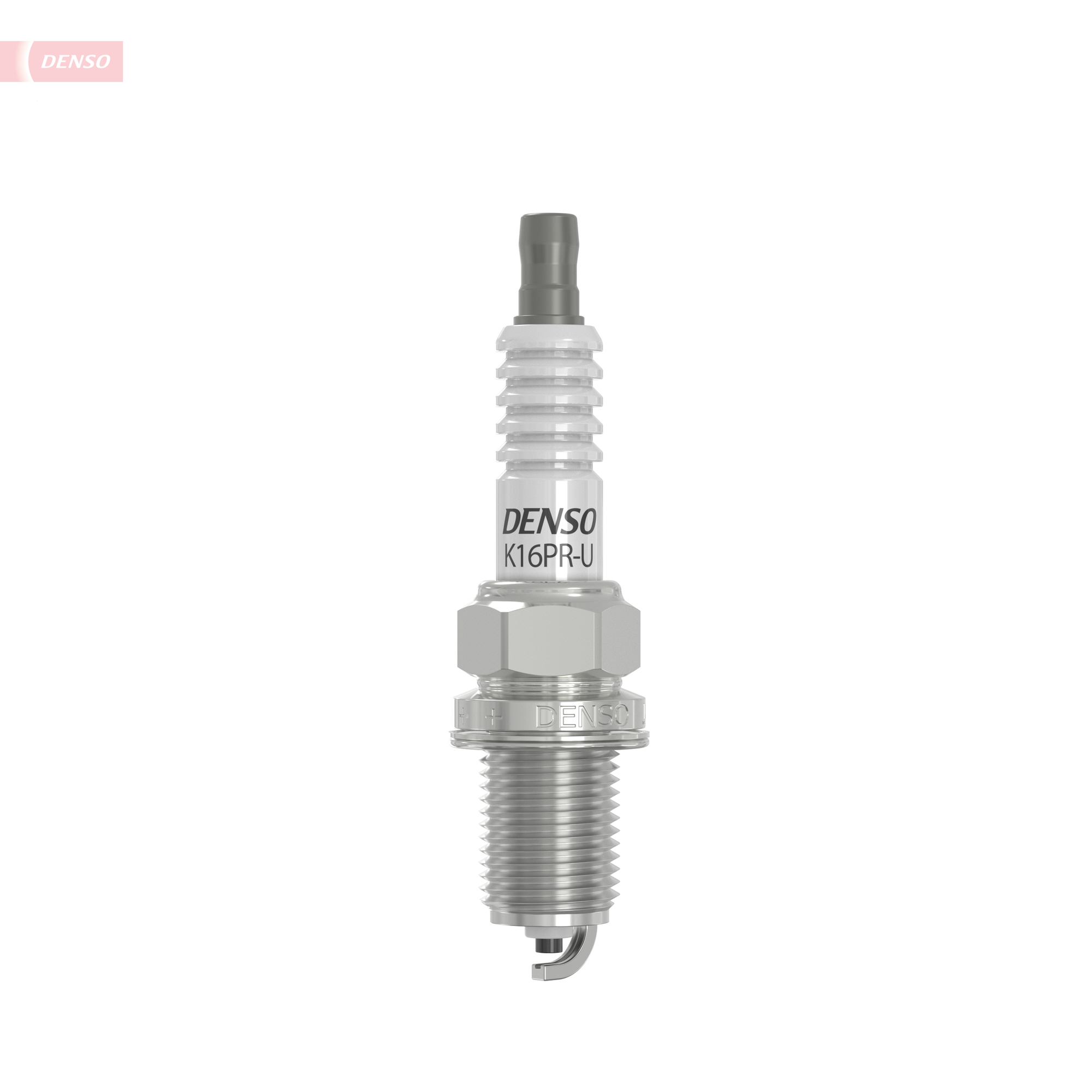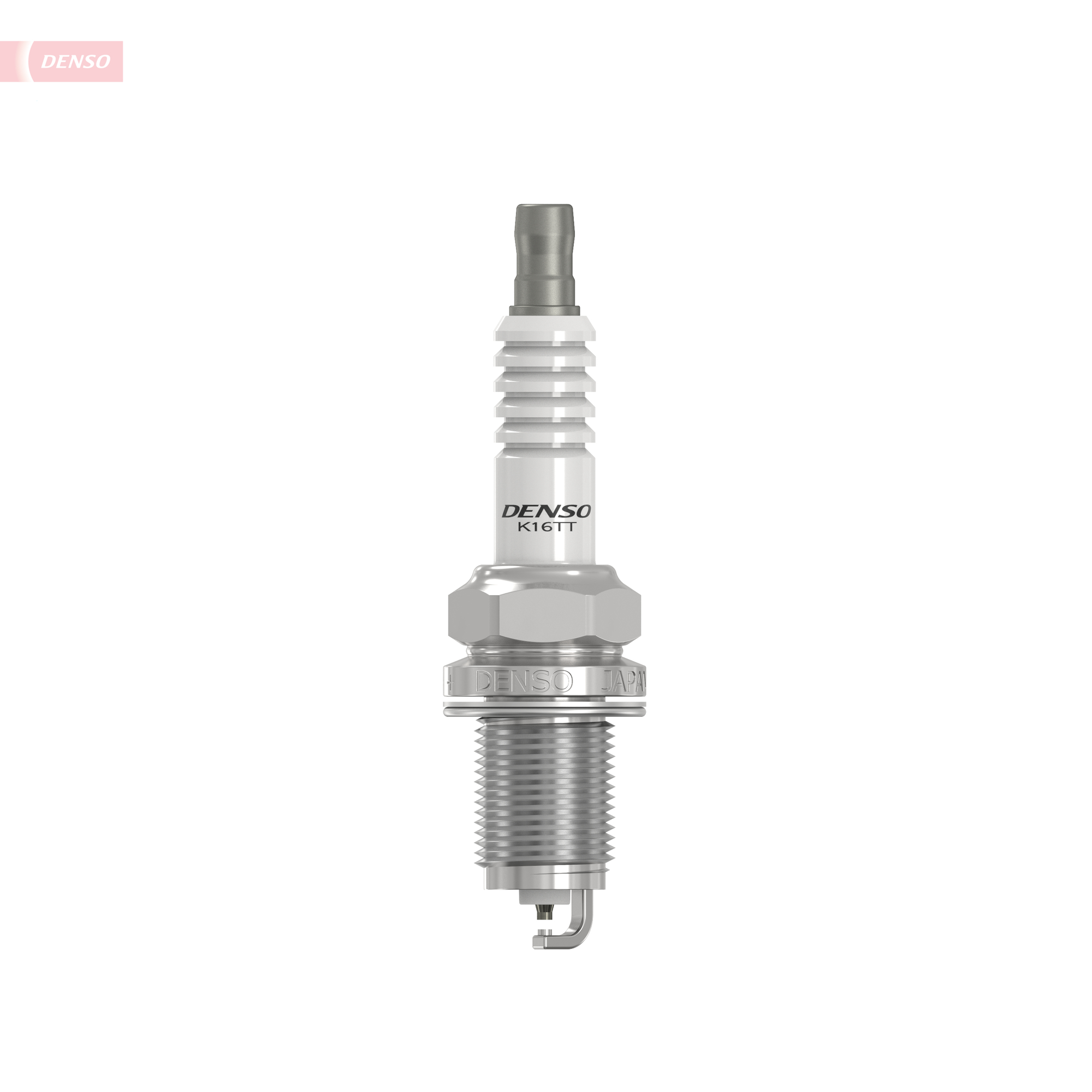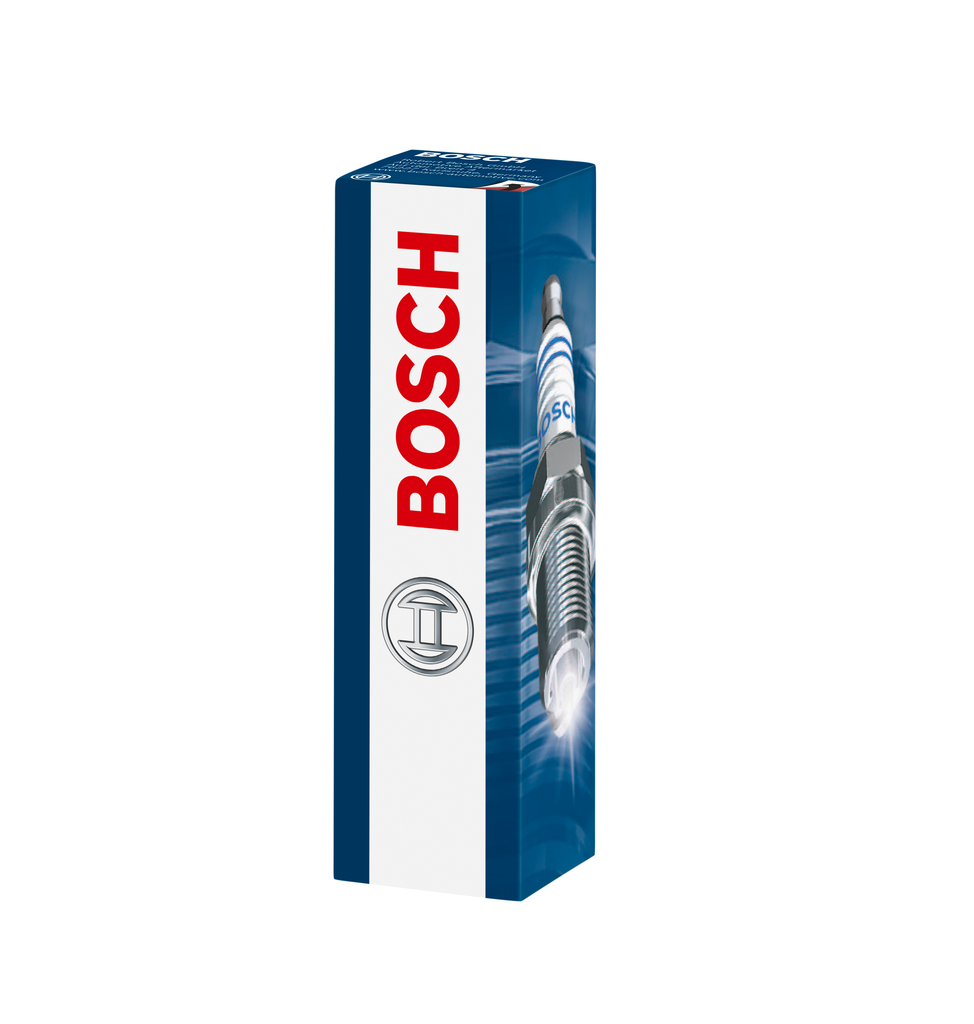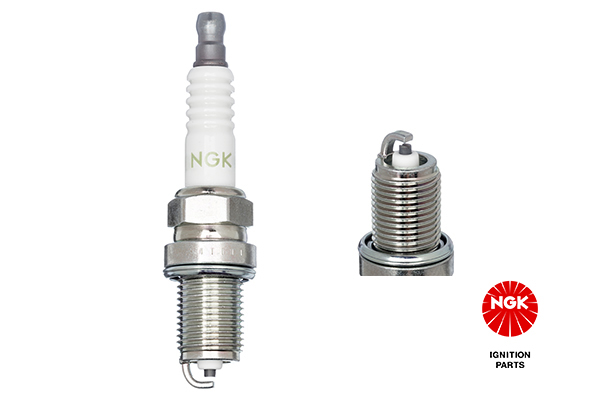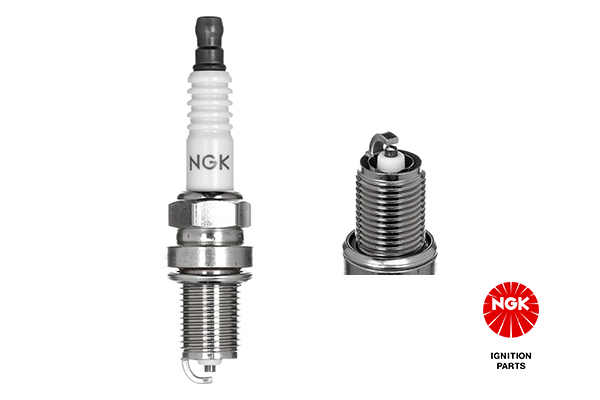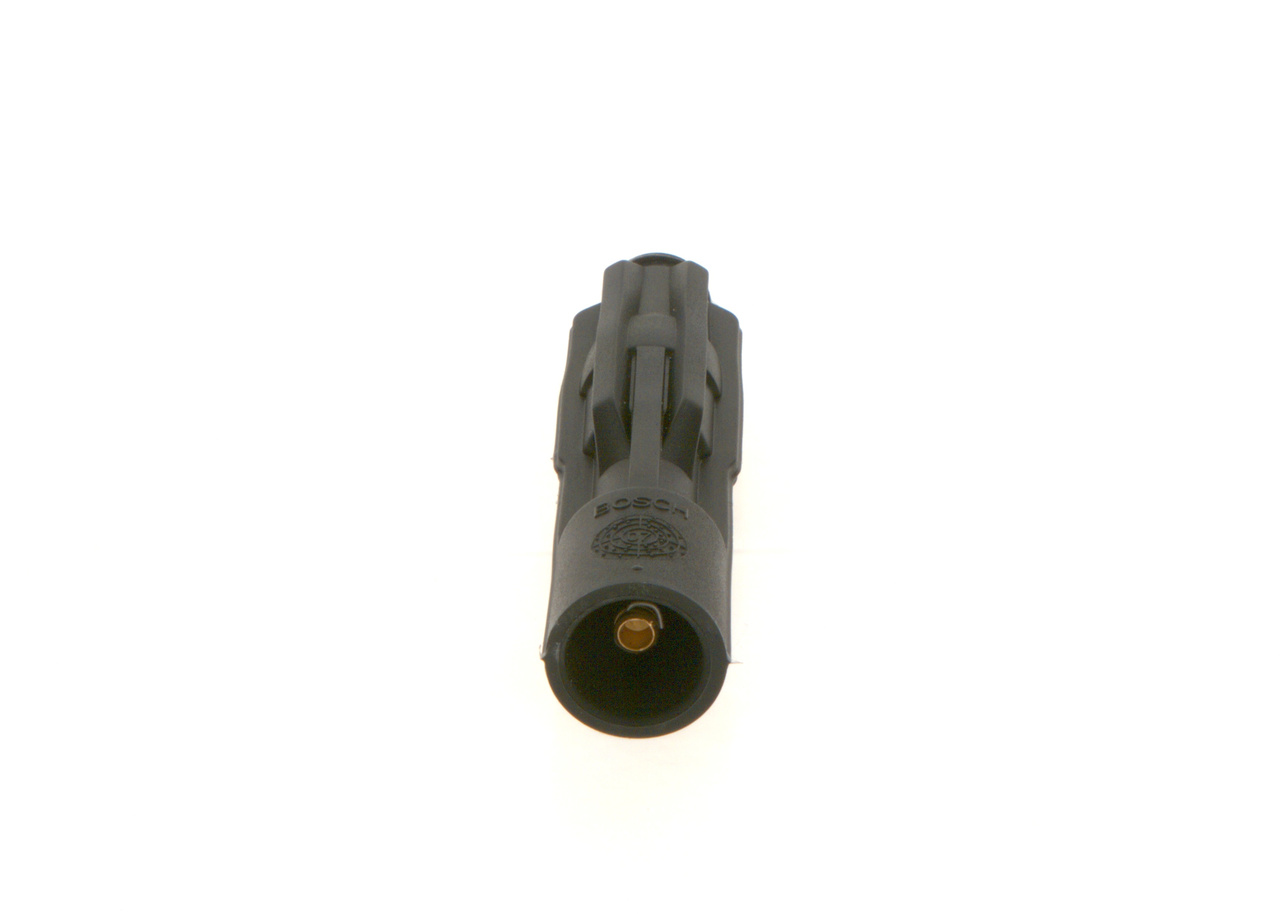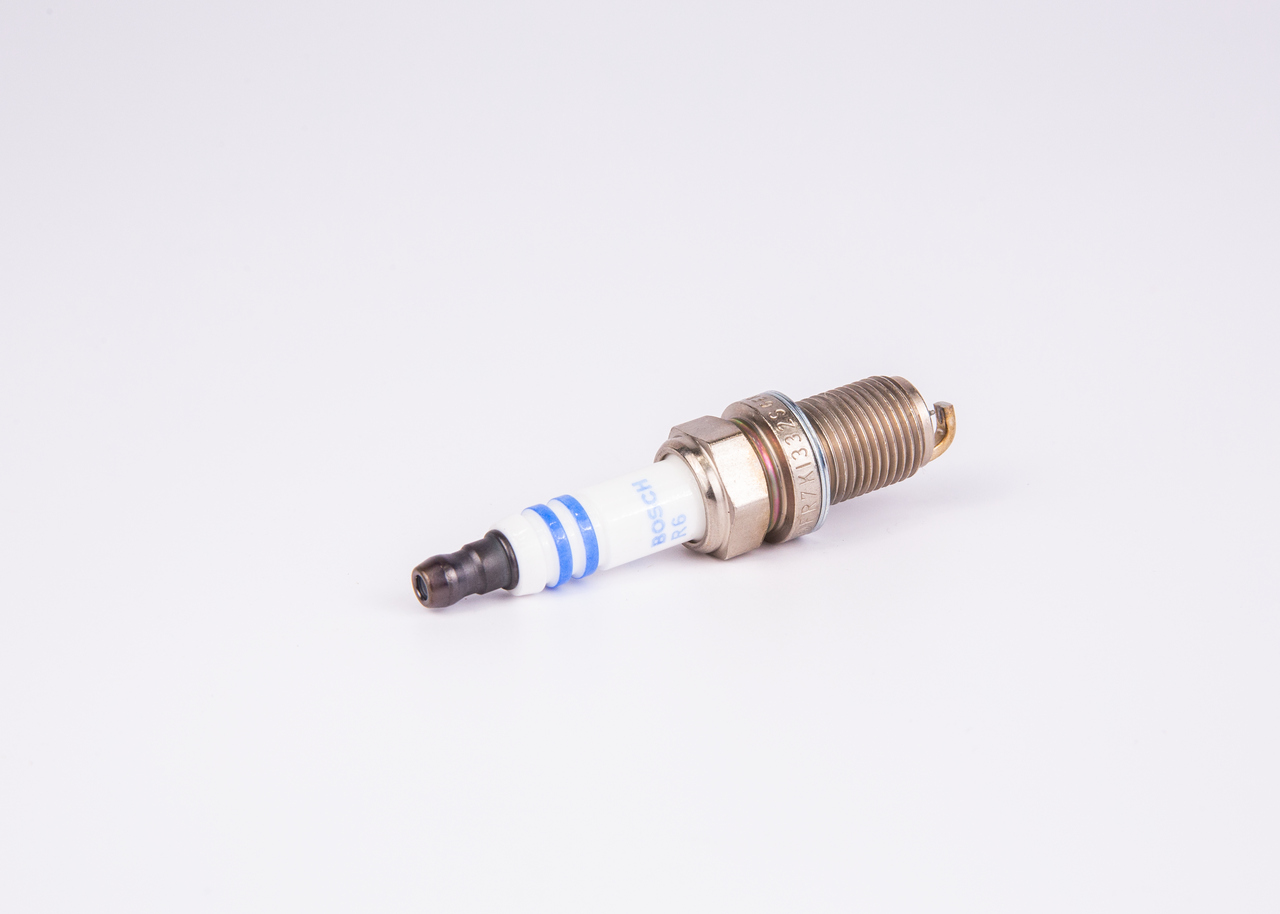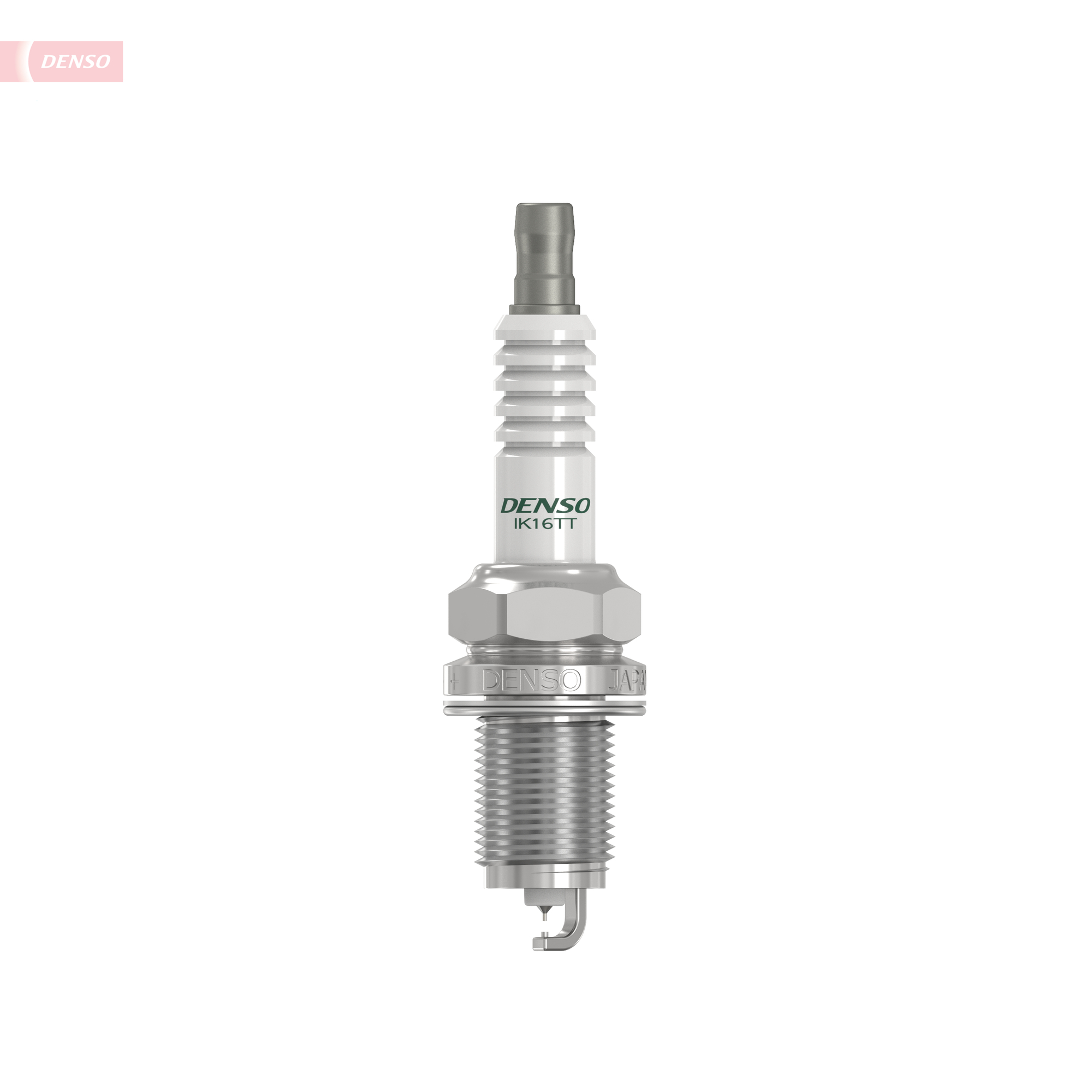Spark Plugs 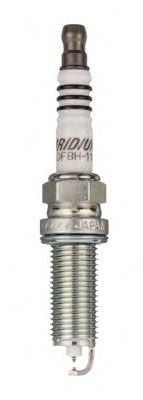
Fits MERCEDES-BENZ E-CLASS Coupe (C124) E 320 (124.052)
(1993)
Important compatibility info
| Other Part Number | D77 |
| Diameter | 14 mm |
| Spanner Size | 16 mm |
| Spark Plug | 1 - Earthed Electrode, Nickel Middle Electrode |
| Weight | 43 g |
| Port / Connector type | Solid SAE |
| Thread Length | 19 mm |
| for OE number | 46551935 |
| Type | Spark Plug |
| Replaces | K16P-U |
| Tightening Torque | 22 Nm |
| Function | Spark Plug |
| Extra Info | Ground: Nickel | Terminal Shape: Solid |
| Extra Description | Nickel |
| Gross Weight | 46 g |
| alternative item | K16TT |
| Thread Size | M14x1.25 |
| Electrode Gap | 0.8 mm |
Important compatibility info
| Other Part Number | T03 |
| Diameter | 14 mm |
| Spanner Size | 16 mm |
| Spark Plug | 1 - Earthed Electrode, Nickel Middle Electrode |
| Weight | 43 g |
| Thread Size | M14x1.25 |
| Tightening Torque | 22 Nm |
| Function | Spark Plug |
| Extra Info | Terminal Shape: Solid |
| Extra Description | Nickel TT |
| Type | Spark Plug |
| Port / Connector type | Solid SAE |
| alternative item | IK16TT, IK16 |
| Gross Weight | 46 g |
| Thread Length | 19 mm |
| for OE number | 1WT2 18 110 |
| Electrode Gap | 1 mm |
Important compatibility info
| Thread Size | M 14 x 1,25 |
| Number of Poles | 1 -pin connector |
| Spanner Size | 16 |
| Thread Length | 19 mm |
| Spark Position | 3 mm |
| Tightening Torque | 28 Nm |
| Function | Spark Plug |
| Electrode Gap | 0.8 mm |
| Extra Description | Nickel |
| Type | Spark Plug |
| Replaces | 0242229598 |
Important compatibility info
| Other Part Number | BCP6E |
| Thread Size | M14 x 1,25 |
| Spanner Size | 16 mm |
| Thread Length | 19.0 mm |
| Spark Position | 3.0 mm |
| Spark Plug | Nickel Middle Electrode, 1 - Earthed Electrode, no interference suppression, with gasket seat, Fixed SAE connector |
| Function | Spark Plug |
| Type | Spark Plug |
Important compatibility info
| Other Part Number | BCP6ES |
| Spanner Size | 16 mm |
| Thread Length | 19.0 mm |
| Spark Plug | Nickel Middle Electrode, 1 - Earthed Electrode, no interference suppression, with gasket seat, Fixed SAE connector |
| Spark Position | 3.0 mm |
| Thread Size | M14 x 1,25 |
| Function | Spark Plug |
| Type | Spark Plug |
Important compatibility info
| Distributor/ Rotor | Interference Suppression |
| Resistance | 2 kOhm |
| Length | 115 mm |
| Function | Plug, spark plug |
| Type | Plug, spark plug |
Important compatibility info
| Electrode Gap | 0.7 mm |
| Thread Size | M 14 x 1,25 |
| Spanner Size | 16 |
| Thread Length | 19 mm |
| Spark Position | 4 mm |
| Tightening Torque | 28 Nm |
| Function | Spark Plug |
| Extra Description | Iridium |
| Number of Poles | 1 -pin connector |
| Type | Spark Plug |
Important compatibility info
| Thread Length | 19 mm |
| Port / Connector type | Solid SAE |
| Weight | 43 g |
| Diameter | 14 mm |
| Spanner Size | 16 mm |
| Spark Plug | with resistor, 1 - Earthed Electrode, Iridium Middle Electrode |
| Tightening Torque | 22 Nm |
| Function | Spark Plug |
| Extra Info | Terminal Shape: Solid |
| Extra Description | Iridium TT |
| Type | Spark Plug |
| Replaces | SK16PR-F8; VFK16; VK16 |
| Gross Weight | 46 g |
| Thread Size | M14x1.25 |
| alternative item | IK16TT |
| Electrode Gap | 1 mm |
What are spark plugs?
Spark plugs are devices used to provide the spark required to ignite the petroleum gases in the piston chamber of the engine. A charge of electric is provided by the ignition coil at the correct time (as dictated by the ECU or distributor) which causes this spark to occur. The spark is created by a high voltage electrical charge jumping from the centre electrode to the outer electrode.
There are different types of spark plug depending on the engines requirements and upgrade possibilities.
These are:
Copper / Nickel alloy
Platinum
Double Platinum
Iridium
Does it matter which spark plug type I choose?
The spark plug is located in the hottest part of the engine so the material that it is made out of needs to be able to withstand this heat. The materials listed above have different hardnesses and that affects their design and more importantly how long they last.
Copper / nickel alloy is the softest of these material and these plugs last about 20,000 miles
Platinum has a higher melting point and can be designed to have an electrode with a sharper point which can create a more reliable spark. These plugs can operate under higher temperatures but platinum is not as conductive as copper so there may be a performance trade off
Double platinum plugs should only be used on engines that have a waste spark system. Depending on the stroke (compression or exhaust stroke) the spark will jump in different directions. The exhaust stroke has the spark jump backwards to return to the coil
Iridium spark plugs are the strongest plugs when compared to the others. These can last 25% longer than platinum spark plugs. Iridium plugs are expensive too. Iridium is not as conductive as copper however due to its strength and heat resistance the tips of the plugs can be made to a find point which helps create a better quality and more controlled spark
How do I choose the correct spark plugs?
The manufacturer of your vehicle will have specified a part number for the replacement spark plugs. Matching this part number will ensure that you get the correct parts. Spark plugs are also catalogued for specific vehicle models based on their engine. Having identified your vehicle, our website will show you spark plugs that are listed as correct.
Spark plugs are one of the most interchangeable parts and one plug can fit 100’s of different vehicles. This sometimes requires that the plug have the electrode gap adjusted specifically for your engine. This adjustment is listed with the details of the spark plug if necessary.
If the manufacturer of your engine specifies platinum, double platinum or iridium plugs do not downgrade to a lower specification plug. However you can choose to use platinum or iridium plugs if your vehicle is only required to have copper/nickel alloy plugs.
What brand of spark plug should I choose?
Spark plugs perform their task in a high heat and pressure environment so quality is key for performance and longevity. When you need to replace them we’d always recommend that you do not go budget. Brands such as Bosch, Denso and NGK are classed as premium brands. These offer great performance and reliability. Brands such as Febi and Blue Print offer a lower cost alternative while still being a quality part.
How can I tell my spark plugs needs replacing?
The high heat environment that spark plugs operate in mean that they will degrade over time. They should be replaced in accordance with the vehicle manufacturers recommendations. Sometimes they can develop a fault and may require replacement before the service interval.
Here are some signs of a faulty spark plug:
Vehicle will not start or takes some time to start
The engine has a rough idle or misfires or sputters
Your engine suffers from poor acceleration
Fuel economy is getting worse
The engine makes a knocking sound as fuel fails to ignite properly
 Proud to be a UK-based company
Proud to be a UK-based company Contact us
Contact us